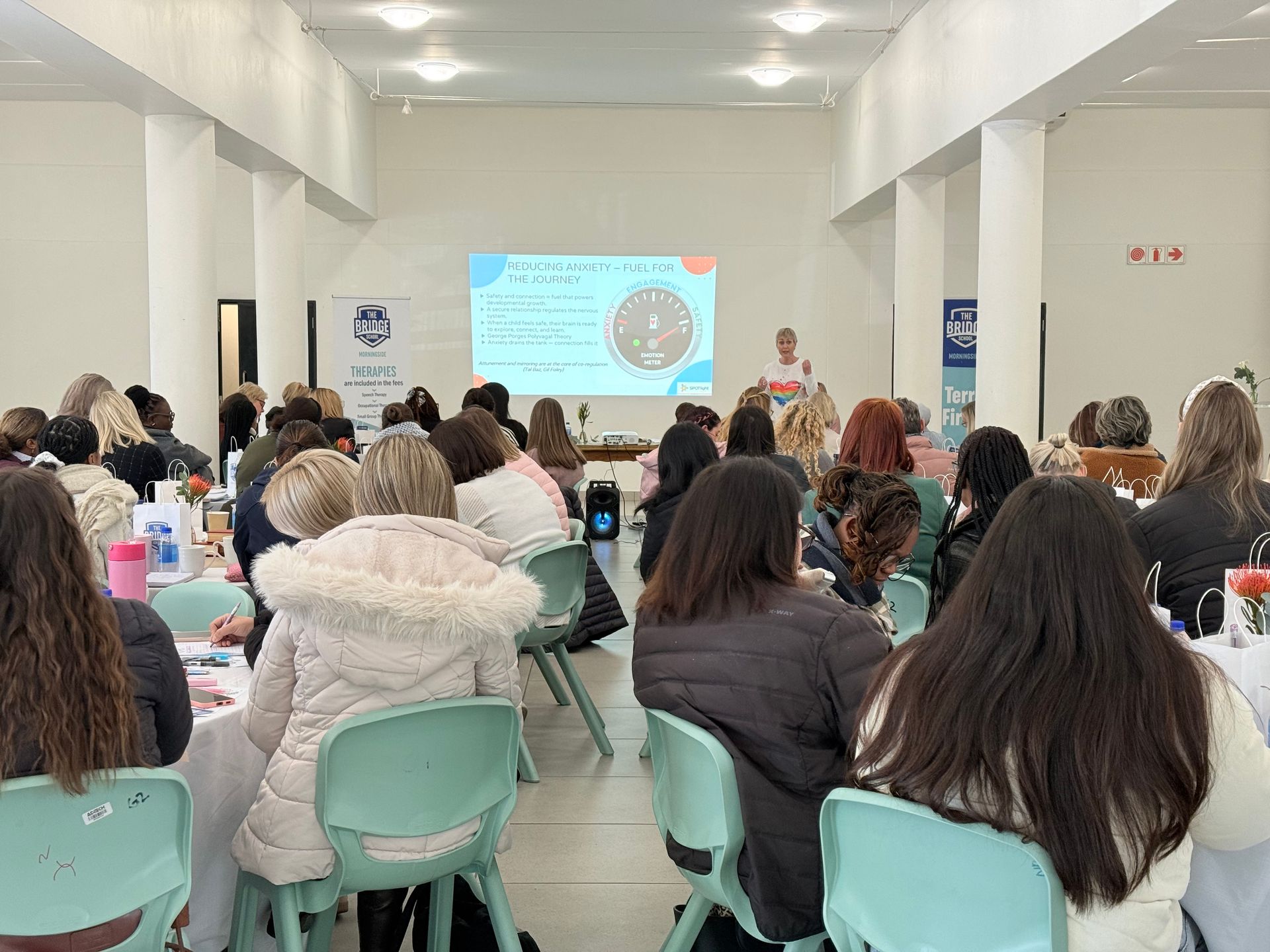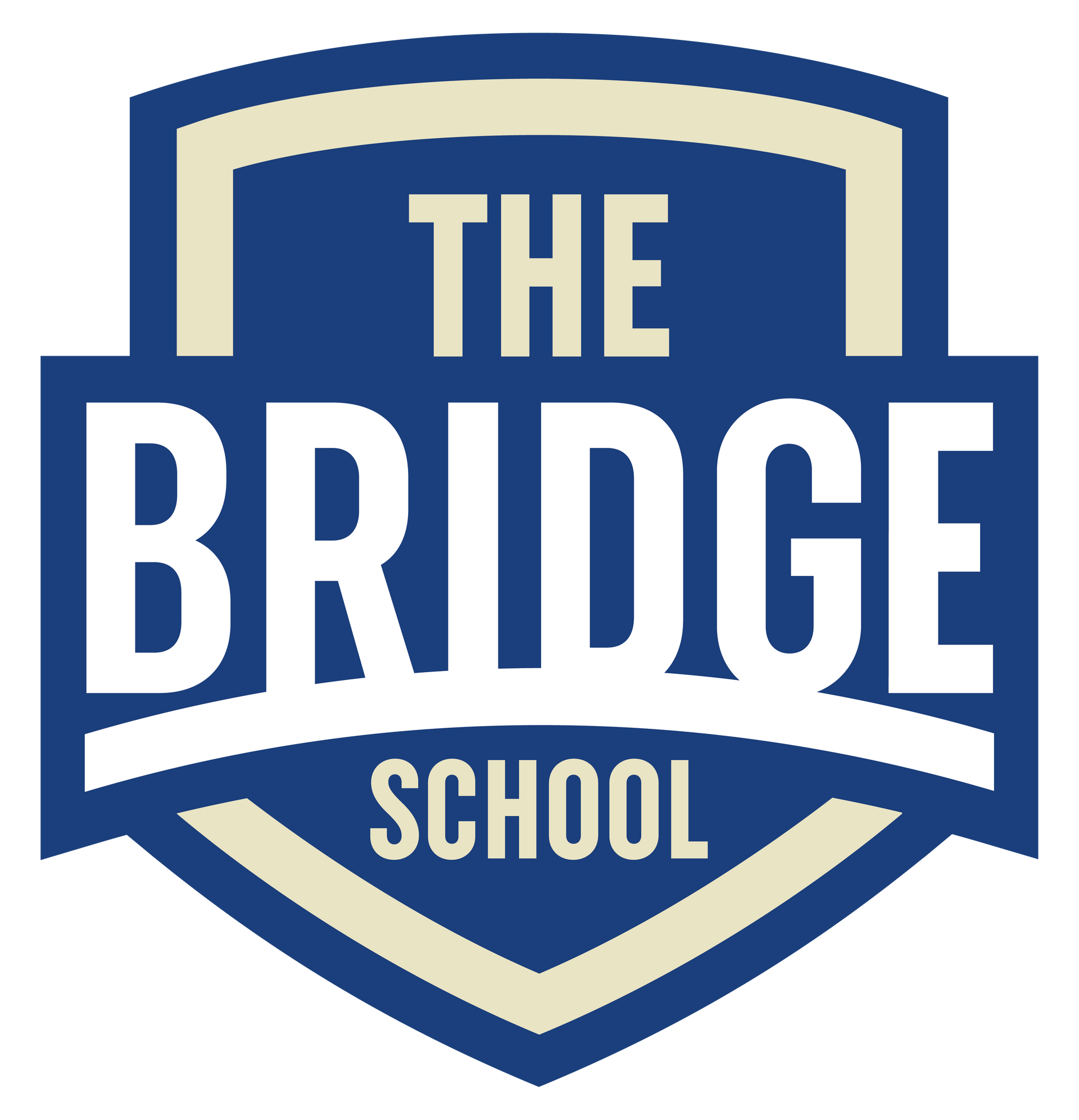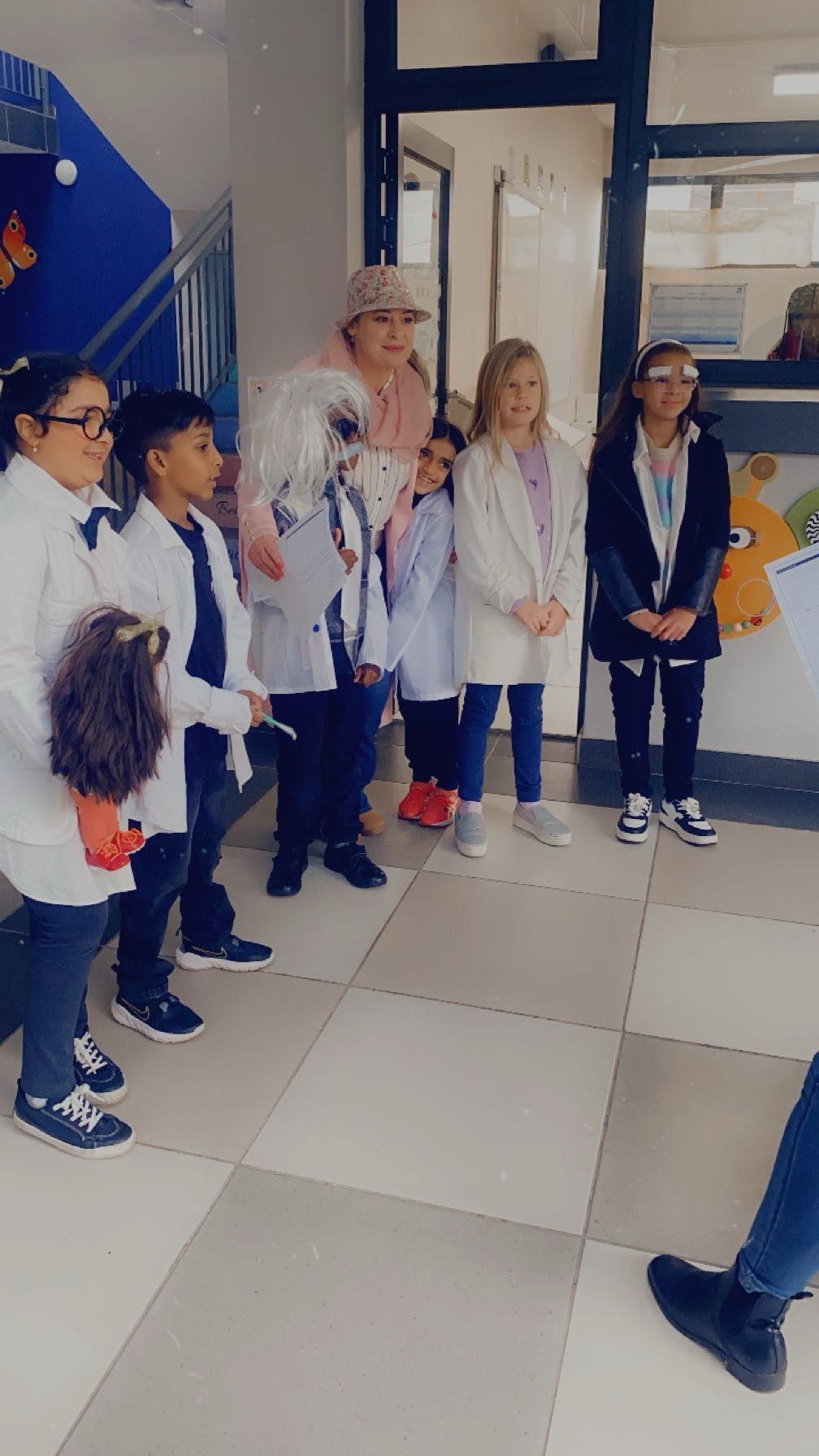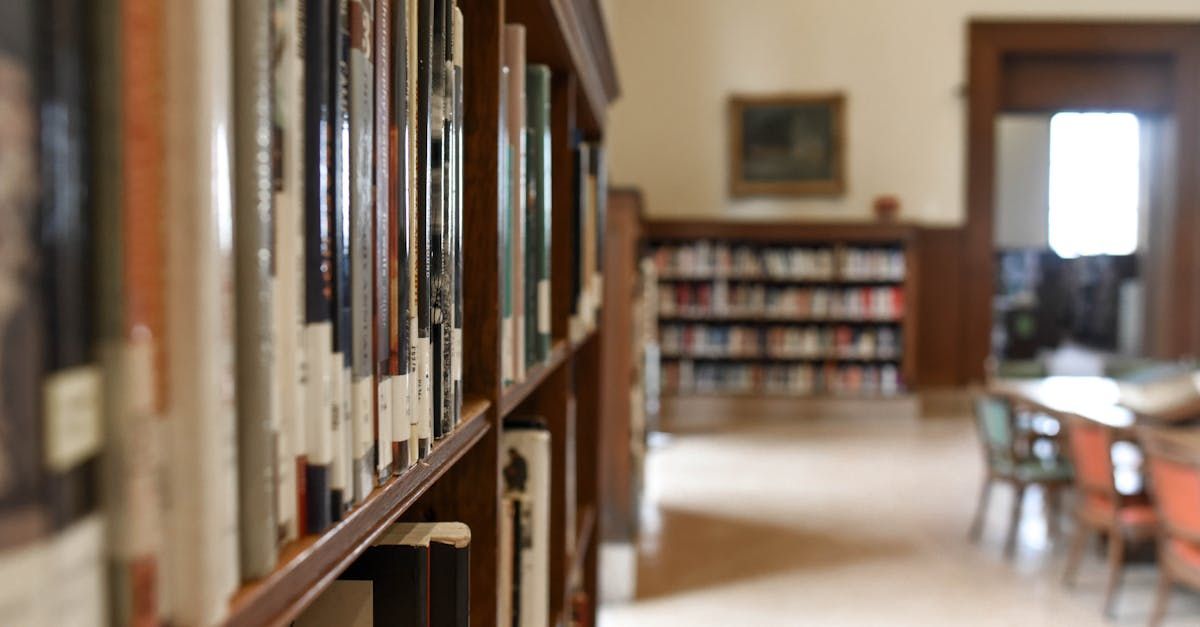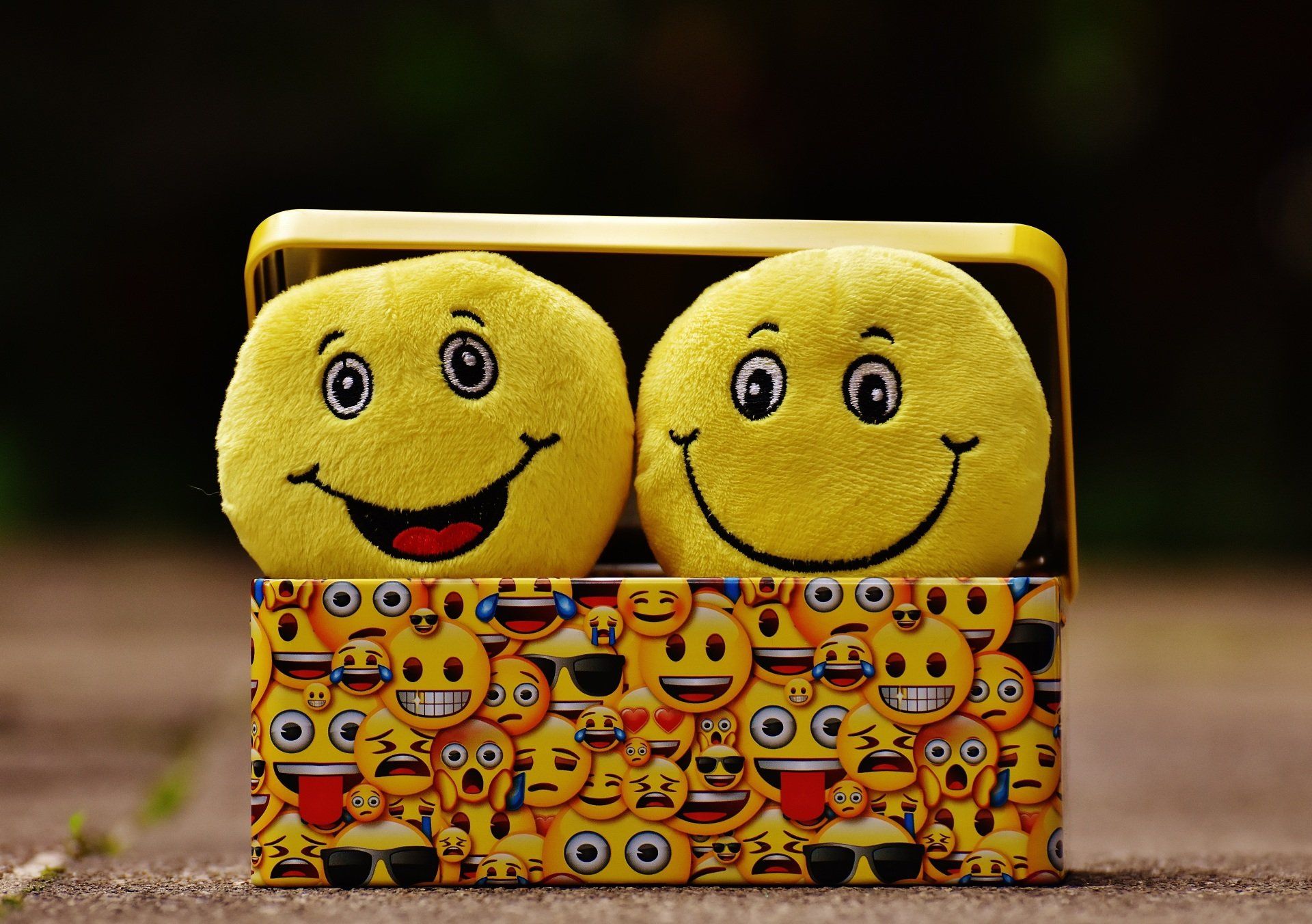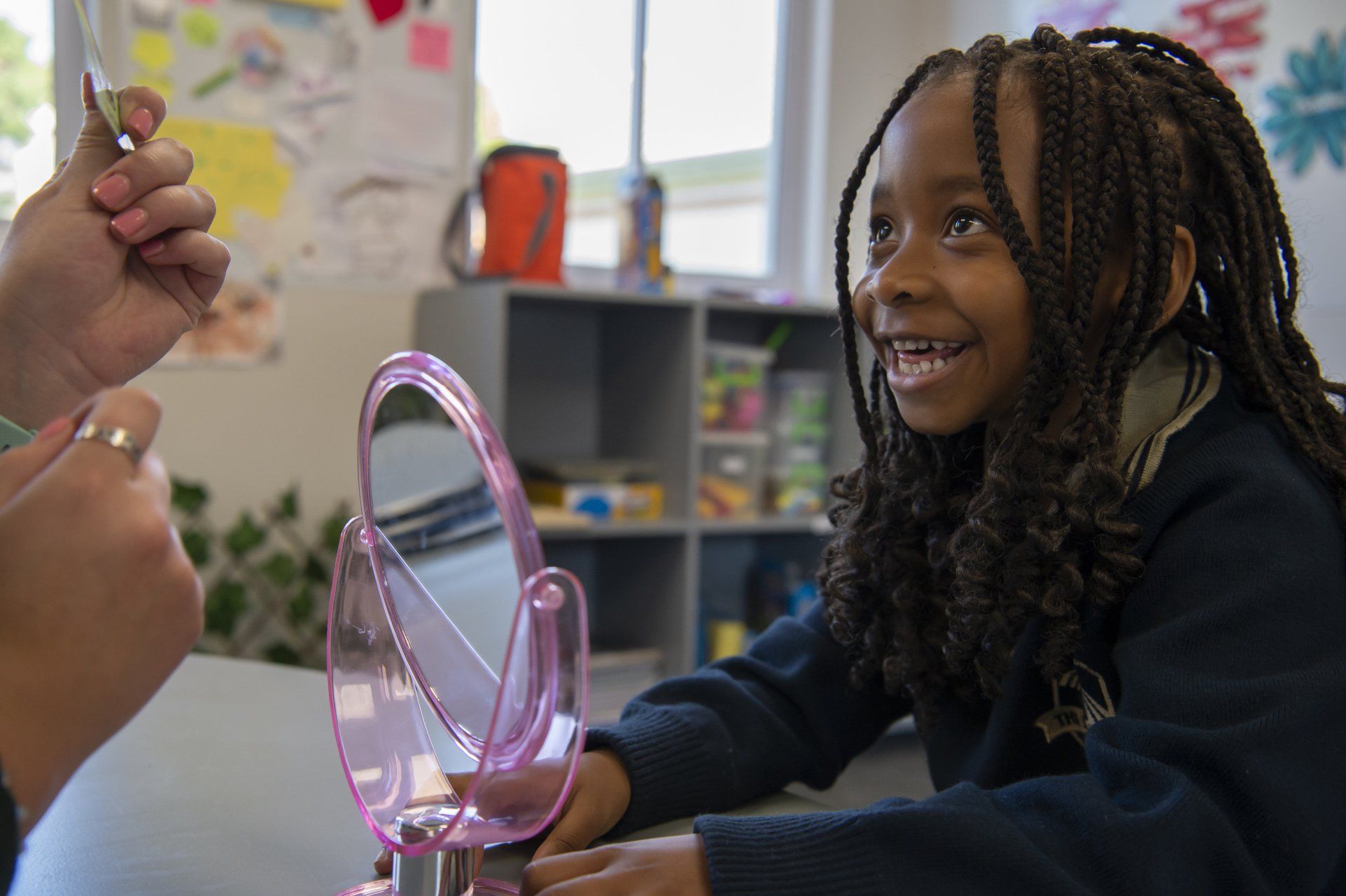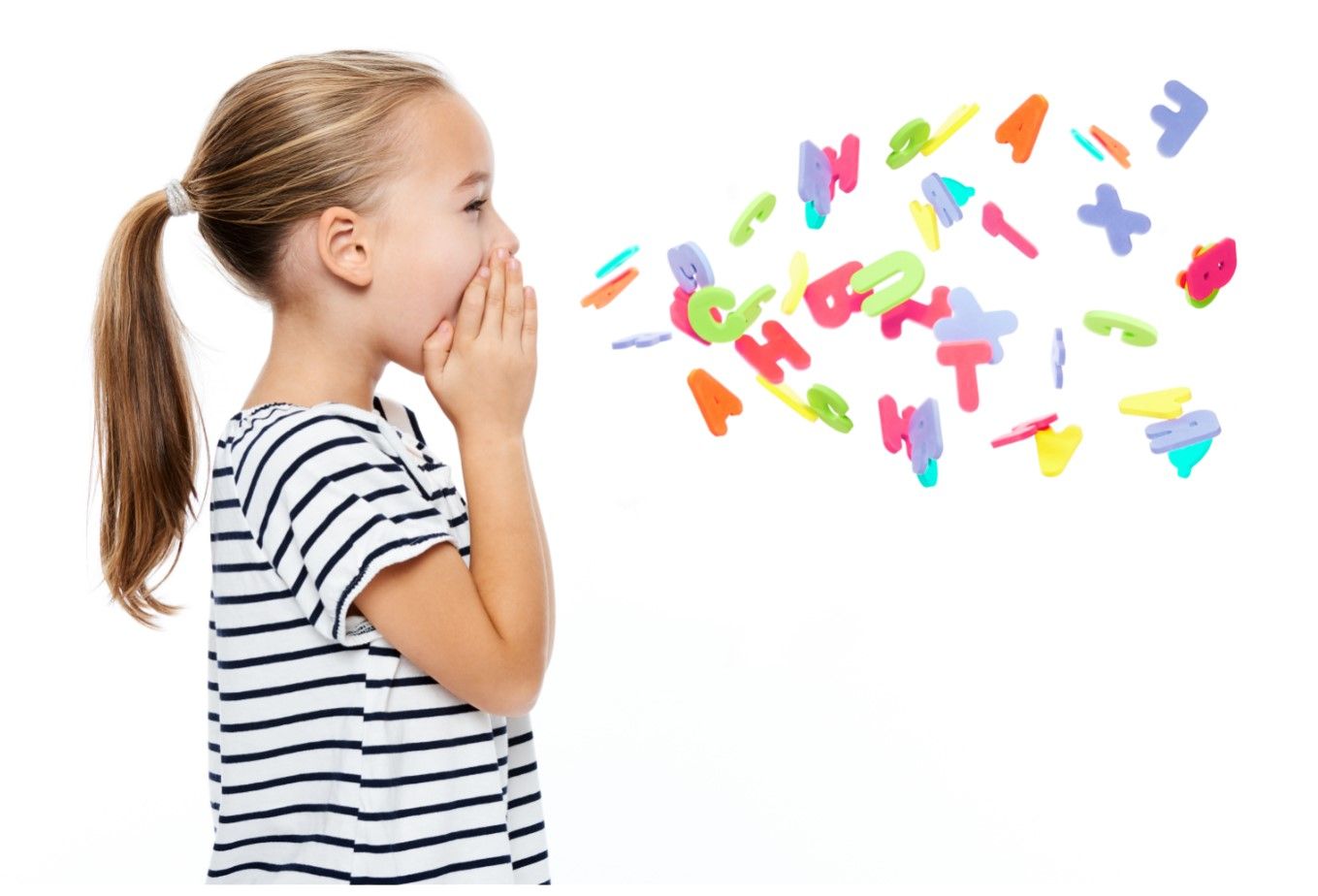How Innovative Classrooms Support Neurodiverse Learners
Creative, project-based learning environments are proving to be game-changers for neurodivergent learners, offering them new avenues to thrive and succeed.
Neurodivergent learners, including those with autism, ADHD, dyslexia, and other neurological differences, often face challenges in traditional school settings. Standardised tests, rigid curricula, and conventional teaching methods can overlook the unique strengths and needs of these students.
With our teachers increasingly embracing project-based learning (PBL) as a powerful tool to engage and support neurodivergent students, we are starting to see unassailable evidence of the benefit of this approach for neurodivergent students.
THE BENEFIT OF PROJECT-BASED LEARNING
Project-based learning emphasises hands-on, real-world projects that encourage students to explore subjects deeply and meaningfully. This approach allows neurodivergent learners to leverage their creativity, problem-solving skills, and unique perspectives. By focusing on projects that align with their interests and strengths, these students are able to demonstrate their abilities in ways traditional assessments might not capture.
THE DIFFERENCE A VIBRANT ENVIRONMENT MAKES
At The Bridge Assisted Learning School, classrooms are vibrant and flexible spaces where students engage in collaborative projects. These projects range from exploring the effects of global warming and pollution to designing and 3D printing sustainable buildings, demonstrating how such innovations can positively impact our world. Teachers have reported remarkable improvements in student engagement and problem solving.
A WINNING COMBINATION
The benefits of project-based learning within a vibrant environment are multifaceted. Firstly, it promotes a sense of ownership and agency over the learning process. Students have found that working on projects related to their passions keeps them focused and motivated. They especially love the Steams curriculum that is focused on solving real-world problems, teaching hard and soft skills through digital design, 3D printing and laser-cutting. They love that it does not feel like school – an oft expressed sentiment.
PBL fosters critical skills such as collaboration, communication, and adaptability. These skills are essential for all students, but particularly for neurodivergent learners who may struggle with social interactions in more traditional settings. Working in teams on projects helps them practice these skills in a supportive, real-world context.
Implementing PBL more widely will require significant shifts in teaching practices, professional development for teachers, and sometimes even changes in classroom design.
But the benefits are clear. In these creative classrooms, every student has the opportunity to discover their potential, pursue their passions, and achieve success on their own terms. And for neurodivergent learners, this can make all the difference.
